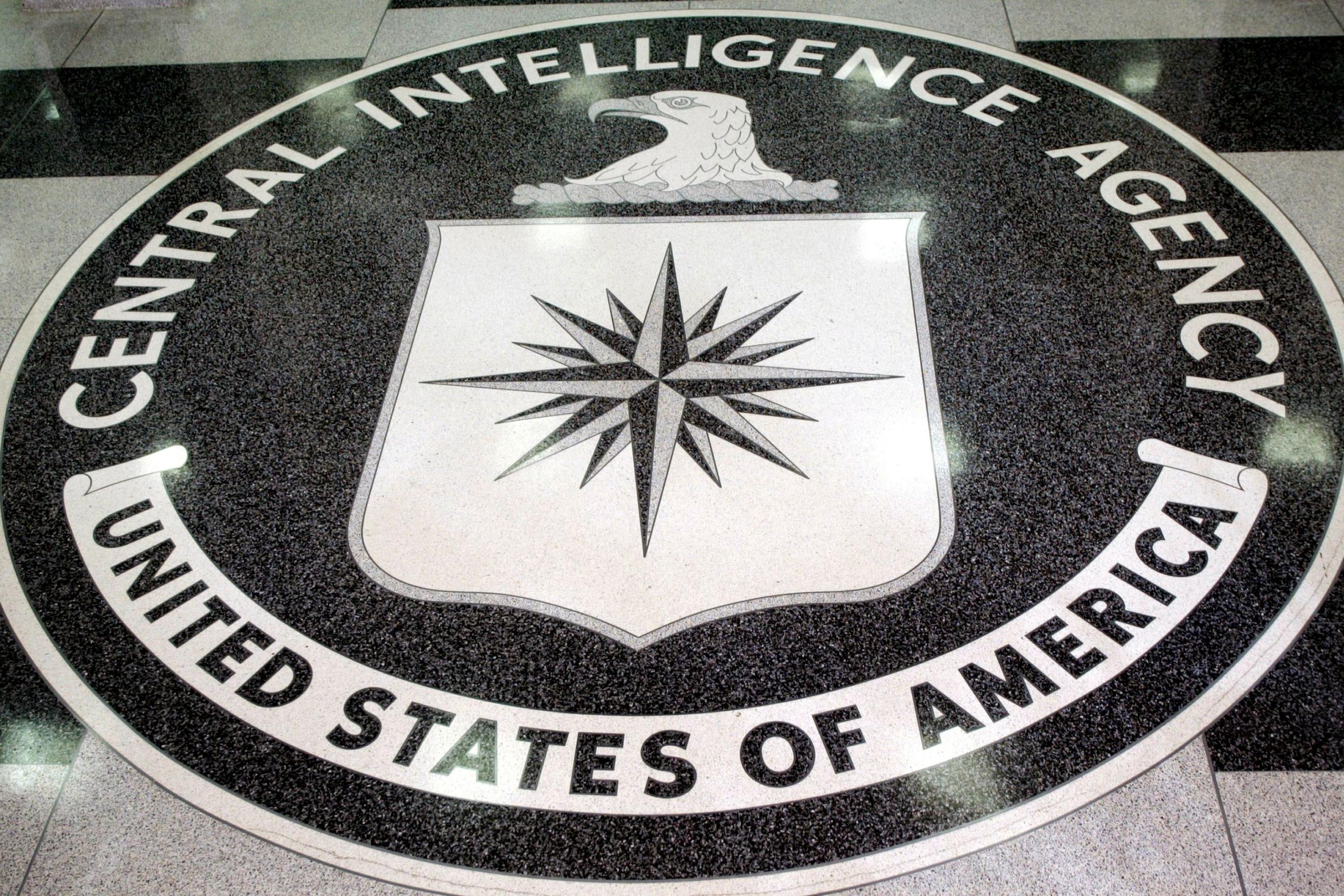CIA says Havana syndrome not foreign power campaign: Reports
Sign up now: Get ST's newsletters delivered to your inbox

The reports said the CIA did not rule out foreign involvement in about two dozen cases that remain unexplained.
PHOTO: REUTERS
WASHINGTON (AFP) - The Central Intelligence Agency (CIA) has concluded that United States diplomats suffering mysterious headaches and nausea, in what has been dubbed Havana syndrome, were not targeted in a global campaign by a foreign power, reports said Wednesday (Jan 19).
NBC News, The New York Times and Politico cited multiple officials briefed on a CIA intelligence assessment on the incidents that first surfaced among diplomats in 2016 in the Cuban capital.
US and Canadian officials complained of severe headaches, nausea and possible brain damage after hearing high-pitched sounds.
Since then, diplomatic and intelligence officials have reported similar experiences in countries including Australia, Austria, China, Colombia, Germany and Russia.
The reports said the CIA did not rule out foreign involvement in about two dozen cases that remain unexplained, which continue to be investigated.
"In hundreds of other cases of possible symptoms, the agency has found plausible, alternate explanations," the NBC sources told the network.
Some US officials previously alleged the cases could have been caused by Russian microwave attacks, but scientists expressed doubts about the theory and said there was not one affliction or cause of the reported cases.
The reports said the CIA document reported interim findings.
"The interim report was not a final conclusion of the broader Biden administration or the full intelligence community," NBC reported, citing US officials.
The findings elicited frustration from some of those who fell ill, with a group of people saying the CIA assessment "cannot and must not be the final word on the matter", according to a statement cited by The New York Times.
"While we have reached some significant interim findings, we are not done," Dr William J. Burns, the director of the CIA, said in a statement quoted by The New York Times.
"We will continue the mission to investigate these incidents and provide access to world-class care for those who need it."


